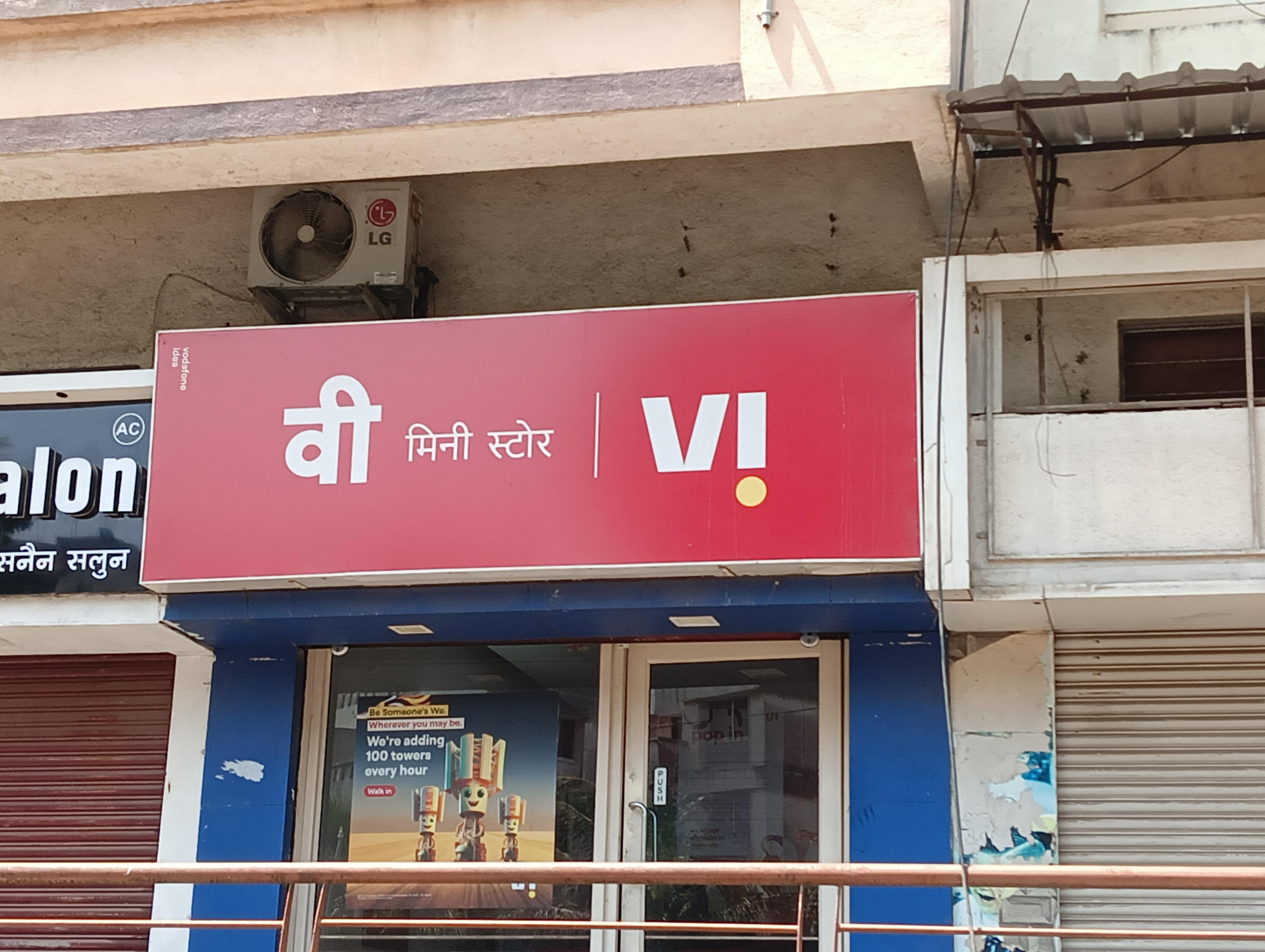
Vodafone Idea has once again drawn investor attention—not due to a stock rally or strategic turnaround, but due to the precarious state of its finances and a fresh attempt to raise capital. Despite consistent operational struggles, Vodafone Idea continues to find favor among a segment of retail investors, perhaps driven by the belief that India’s telecom sector cannot function sustainably with just two major private players. However, a closer look at its financials and recent announcements reveals a complex, high-risk scenario.
Recently, the company released its Q4 FY25 results and simultaneously announced a significant fund-raising plan. While these developments may seem positive at first glance, they bring along several pressing questions about the company’s future viability and competitiveness.
Fundraising Announcement: A Critical Concern
Vodafone Idea announced its intention to raise ₹20,000 crore. Though this seems like a bold step, it raises an immediate concern: who will provide this capital?
This is not the company's first fund-raising attempt. Despite prior efforts, the company continues to remain heavily indebted and under severe operational pressure. Moreover, even if the proposed funds are secured, how will they translate into a competitive advantage against well-established rivals like Reliance Jio and Bharti Airtel?
According to the announcement, the funds may be raised through various instruments, including public offers, private placements, Qualified Institutional Placements (QIPs), and other permissible modes. These instruments may include equity shares, Global Depository Receipts (GDRs), American Depository Receipts (ADRs), Foreign Currency Convertible Bonds (FCCBs), non-convertible debentures (NCDs), and warrants, among others. The company essentially appears open to any form of funding, from any geography, and through any legal means available.
A Cautionary Note on Investment
Vodafone Idea remains a highly speculative stock. This is not an investment for long-term wealth creation. Investors must evaluate their risk appetite carefully.
Those who believe that India’s telecom industry cannot operate sustainably with just two dominant players may view Vodafone Idea as a potential turnaround candidate. If the company manages to survive and recover, its current market capitalization of ₹70,000–75,000 crore could potentially rise to ₹2.5–3 lakh crore, offering 3x–4x returns. However, such optimism must be tempered with caution.
For investors willing to take a calculated risk, the recommendation is to deploy only a small portion of their portfolio into this stock—an amount that, if lost, would not impact overall financial stability. This remains a high-risk, high-reward situation with no guaranteed outcome.
Q4 FY25 Financial Performance
Vodafone Idea’s Q4 FY25 results further highlight its operational challenges:
Net Loss: The company reported a net loss of ₹7,166 crore. While this represents a slight improvement compared to a loss of ₹7,674 crore in the same quarter last year, the quarter-on-quarter loss has increased significantly—from ₹669 crore in Q3 to ₹716 crore in Q4.
Revenue: On a positive note, revenue grew by 3.8% quarter-on-quarter, rising from ₹10,600 crore to ₹11,300 crore. This growth is attributed largely to tariff hikes, which have helped improve income per user.
ARPU (Average Revenue Per User): A key metric in the telecom industry, ARPU rose to ₹175 in Q4 FY25 from ₹153 in the same quarter last year—marking a 14.2% improvement. This increase is also driven by the recent rise in tariff rates.
The company referred to this as a “turnaround quarter,” citing the highest average daily revenue in the last five years. While these improvements are noteworthy, they may not be sufficient to counterbalance the company’s massive liabilities and competitive disadvantages.
Mounting Debt and Capex Needs
The situation is compounded by Vodafone Idea’s significant capital expenditure (capex) requirements. The company has stated it continues to engage with lenders to secure debt financing for its capex plans, which amount to an additional ₹50,000–55,000 crore. This is over and above its existing debt of approximately ₹1.99 lakh crore as of March 31, 2025.
Despite this, the company still lags far behind its competitors. Bharti Airtel, for instance, is aggressively expanding its 5G network, integrating AI features for better customer experience, and enjoying increased user loyalty. Airtel’s current market capitalization stands at an impressive ₹11 lakh crore, which reflects its strong fundamentals and operational performance
Disclaimer:The content provided in this blog is for informational and educational purposes only. It does not constitute financial, investment, or trading advice. Readers are advised to conduct their own research or consult with a qualified financial advisor before making any investment decisions. The author and publisher are not responsible for any losses or damages resulting from investment actions taken based on this content. Investments in stock markets are subject to market risks, and past performance is not indicative of future results.




